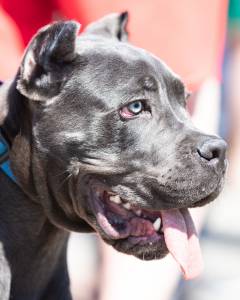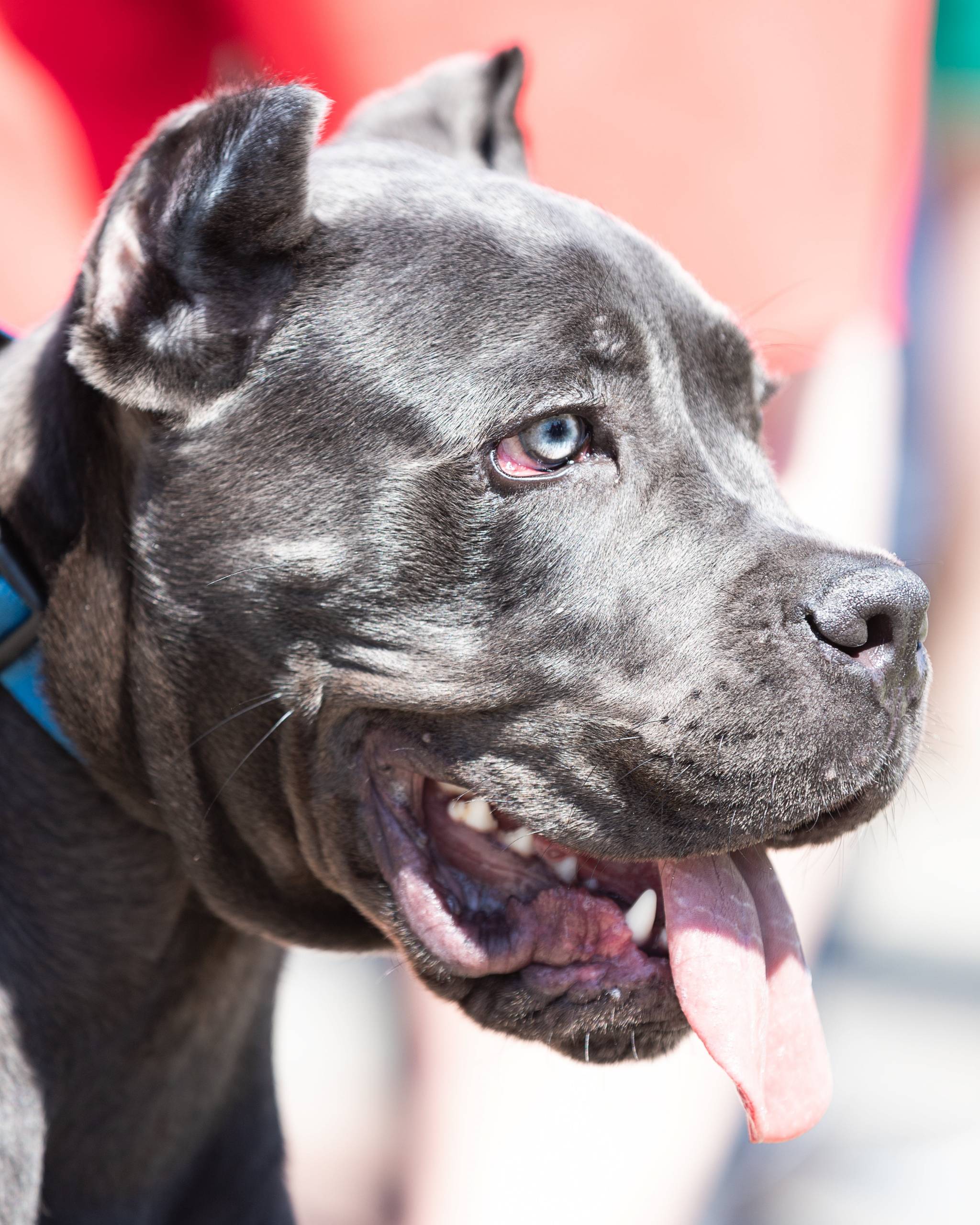
First things first, it’s important to stay calm. Discovering that your dog has eaten chicken bones can be alarming, but it’s crucial to approach the situation with a clear head. Panicking won’t help your dog, and it’s essential to act rationally to ensure the best outcome for your furry friend.
The next step is to assess the situation. If your dog has ingested a chicken bone, it’s important to determine whether the bone was cooked or raw. Cooked bones, particularly those from chicken, are more likely to splinter and cause internal damage, while raw bones are generally softer and less likely to break into sharp pieces. Understanding this distinction can help you gauge the potential severity of the situation.
Once you’ve assessed the type of bone ingested, it’s time to monitor your dog for any signs of distress. Keep a close eye on your pet for symptoms such as vomiting, diarrhea, abdominal pain, lethargy, or difficulty defecating. If you notice any of these signs, it’s crucial to seek veterinary attention immediately. Even if your dog isn’t displaying any symptoms, it’s still advisable to consult with a veterinarian for guidance based on your dog’s size, breed, and overall health.
While it’s tempting to induce vomiting at home, this can be dangerous and should only be done under the guidance of a veterinarian. In the case of ingesting chicken bones or any other foreign object, inducing vomiting without professional oversight can lead to complications and further harm to your dog.
In the event that your dog has ingested chicken bones and you’ve sought veterinary advice, follow their instructions diligently. This may involve monitoring your dog at home, bringing them in for an examination, or undergoing further diagnostic tests such as x-rays to determine if the bones have caused any internal damage.
Prevention is key. After addressing the immediate situation, it’s crucial to take steps to prevent a similar incident from occurring in the future. This may involve securing your trash cans, keeping food out of reach, and ensuring that your dog is not left unattended around potential hazards.
Remember, as pet owners, our furry friends rely on us to keep them safe and healthy. Being prepared and knowing how to respond if your dog eats chicken bones can make a significant difference in ensuring the well-being of your beloved pet.
In conclusion, while it can be distressing to discover that your dog has ingested chicken bones, staying calm, assessing the situation, and seeking veterinary advice are crucial steps to take. By acting promptly and responsibly, you can help ensure the best possible outcome for your dog.



